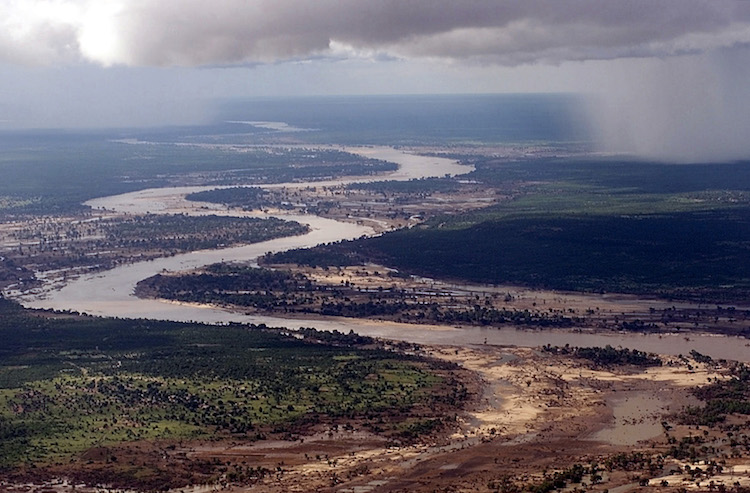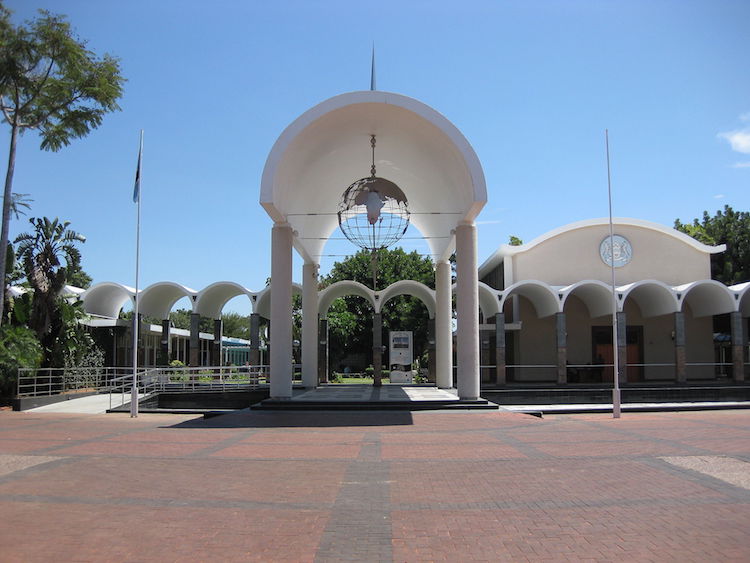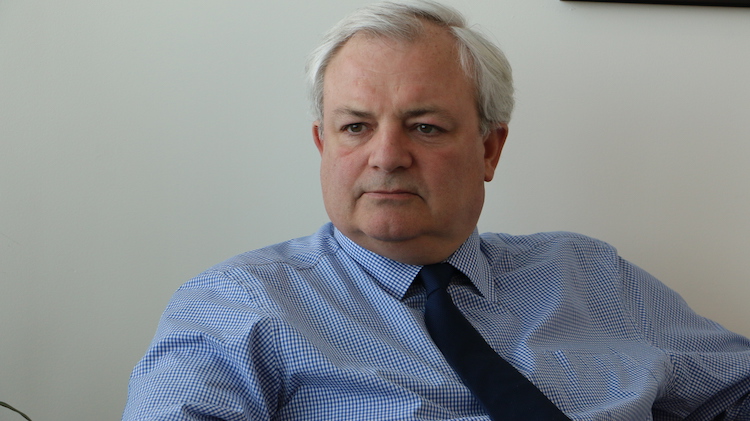Analysis by Martin Khor *
GENEVA (IDN | SouthViews) – The Trans Pacific Partnership Agreement has become a political football in the U.S. Presidential elections and with the public mood so against trade agreements, the TPPA faces the real possibility of being discarded.
No country was more active in pushing for the Trans Pacific Partnership (TPP). In the five years of negotiations, the United States cajoled, persuaded and pressurised its trade partners to take on board its issues and positions.
Finally, when the TPP was signed in February 2016 by 12 countries, it was widely expected that the agreement will come into force within two years, after each country ratifies it.









